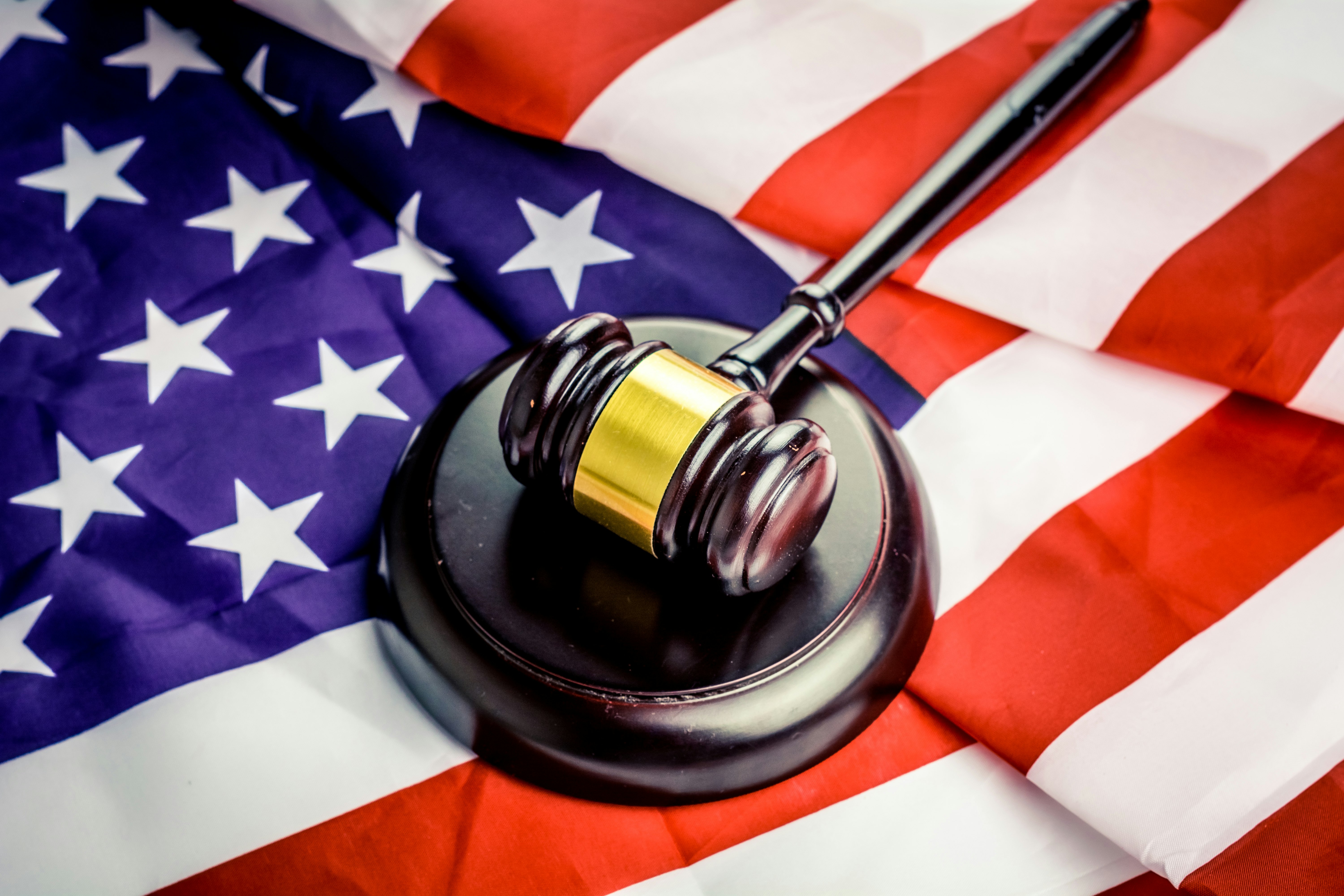William Shepard of the ABA testified before the U.S. House of Representatives Committee on the Judiciary Task Force on Over-Criminalization Friday morning and called for the bi-partisan task force to conduct a comprehensive review of federal criminal laws. It has become “impossible for the layperson to understand what is criminal and what is not,” according to information from the ABA. The task force was created in May and is led by Crime, Terrorism, Homeland Security, and Investigations Subcommittee Chairman Rep. Jim Sensenbrenner of Wisconsin.
“Our current criminal code is riddled with outdated provisions, inconsistent with modifications made to reflect America’s contemporary approach to criminal law. This bipartisan task force will review federal laws in Title 18 and work to clean it up,” Sensenbrenner says. “Congress must ensure the federal role in criminal prosecutions is properly limited to offenses within federal jurisdiction and within the scope of constitutionally-delegated federal powers. I also plan to reintroduce the Criminal Code Modernization and Simplification Act which reforms and recodifies Title 18 of the U.S. Code.”
He said the bill would cut more than one-third of the existing criminal code as well as consolidate criminal offenses and streamline the code to make it more understandable for Congress, attorneys and judges. Rep. Bob Goodlatte of Virginia, chairman of the U.S. House Committee on the Judiciary, said there has been a dramatic jump in the number of federal crimes, and some have had some troubling unintended consequences.
In a statement for the record, Goodlatte said: “The number of federal crimes has exploded in recent years, bringing the number to approximately 4,500. According to a study by the Federalist Society, the number of federal criminal offenses grew by 30 percent between 1980 and 2004. Congress added 452 new federal criminal offenses between just 2000 and 2007 alone, which average to 56.5 new crimes per year. This pace is simply unsustainable.”
According to information from Congress the expansion of the criminal code created a ‘”labyrinth” of regulations that can often impose penalties without needing to show criminal intent. Goodlatte recalled the case of race car driver Bobby Unser, who was forced to abandon his snowmobile during a blizzard that ultimately had left him and a friend stranded in a barn for two days and eating snow for sustenance. Apparently he had accidentally found his way into a National Forest Wilderness Area and after contacting Forest Service to help retrieve his snowmobile, he was charged with a count of unlawful operation of a snowmobile within a National Forest Wilderness Area, an offense with a maximum penalty of six months in jail and a $5,000 fine.
“I am confident Congress never intended to subject someone in Unser’s situation to criminal liability. However, stories like this have become all too typical,” Goodlatte says. Shepard, who is the ABA chairman of the criminal justice section, said he is concerned that “punishment … can lose its deterrent, educative, rehabilitative and even retributive qualities under the barrage of overly broad, superfluous statues.”
He said the number of regulations and statues that carry criminal penalty are disproportionate to the relatively small number of crimes prosecuted by the U.S. Attorney. He also said the legal costs and other financial considerations have become an issue, and reducing “over-criminalization” could yield taxpayer savings.
Dan Sabbatino is an award winning journalist whose accolades include a New York Press Association award for a series of articles he wrote dealing with a small upstate town’s battle over a the implications of letting a “big-box” retailer locate within its borders. He has worked as a reporter and editor since 2007 primarily covering state and local politics for a number of Capital Region publications including The Legislative Gazette, where he currently serves as assistant editor.



















